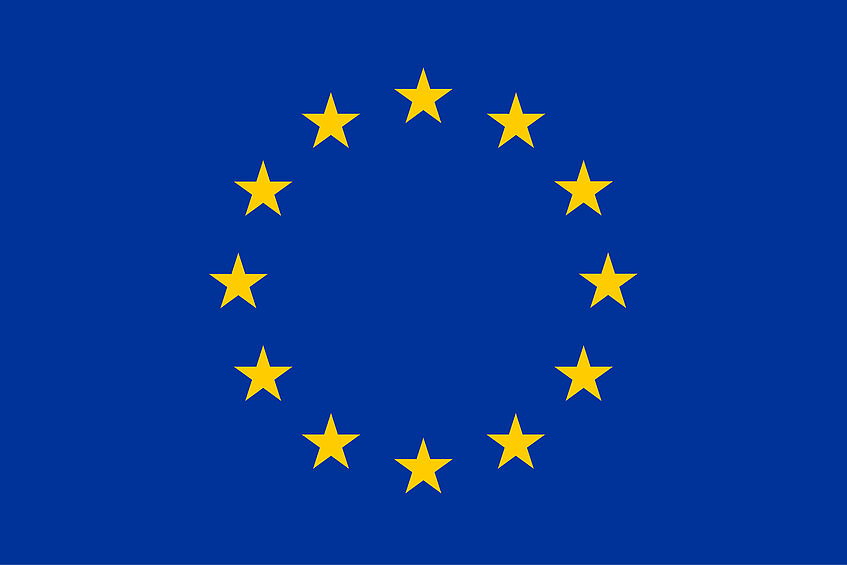Duration 01.06.2019 – 31.12.2023
The role of “Big data” and shifts in research practices; FutureArctic: A glimpse into the Arctic future
Team: Ulrike Felt (PI), Virginia Vargolskaia
Funding: Marie Curie Innovative Training Network, Horizon 2020

Project Description
Future Arctic is a Marie Skłodowska-Curie Innovative Training Network.
Climate change will affect Arctic ecosystems more than any other ecosystem worldwide, with temperature increases expected up to 4-6°C. While this is threatening the integrity and biodiversity of the ecosystems in itself, the larger ecosystem feedbacks triggered by this change are even more worrisome. During millions of years, atmospheric carbon has been stored in the Arctic soils. With warming, the carbon can rapidly escape the soils in the form of CO2 and (even worse) the strong greenhouse agent CH4.
Despite decades of research, scientists still struggle to unveil the scale of this carbon exchange, and especially how it will interact with climate change. An overarching question remains: how much carbon will potentially escape the Arctic in the future climate, and how will this affect climate change?
FutureArctic embeds this research challenge directly in an inter-sectoral training initiative for early stage researchers, that aims to form “ecosystem-of-things” scientists and engineers at the ForHot site. The FORHOT site in Iceland offers a geothermally controlled soil temperature warming gradient, to study how Arctic ecosystem processes are affected by temperature increases as expected through climate change.
FutureArctic aims to pave the way for generalized permanently connected data acquisition systems for key environmental variables and processes. We will initiate a new machine-learning approach to analyse large high-throughput environmental data-streams, through installing a pioneer "ecosystem-of-things" at the ForHot site.
FutureArctic will thus channel, building on a timely project in the ForHot area, an important evolution to machine-assisted environmental fundamental research. This is achieved through the dedicated training of researchers with profiles at the intersectoral edge of computer science, artificial intelligence, environmental science (both experimental and modelling), social sciences and sensor engineering and communication.
One of the 15 PhDs trained in this project will be working in the field of Science and Technology Studies and will specifically look how these new data intensive methods will change the way environmental research will be performed. It will address the question: What does it mean to abandon the classical order of designing a hypothesis and test it experimentally, and work with correlations to make predictions based on huge datasets? How does the use of algorithms impact questions posed, problems identified and answers produced? Close empirical scrutiny of the challenges of applying machine learning in environmental research projects is key to understand the nuances of change in research practices, as is close collaboration with the respective domain researchers.
Methodological approach: qualitative social science methods such as interviews, participant observation and group discussions.
Cooperating Partners:
At the University of Vienna: Andreas Richter, Christina Kaiser
For the other partners in the training network see: http://www.futurearctic.be/supervisors/

This project has received funding from the European Union's Horizon 2020 research and innovation programme under the Marie Skłodowska-Curie grant agreement No 813114.

